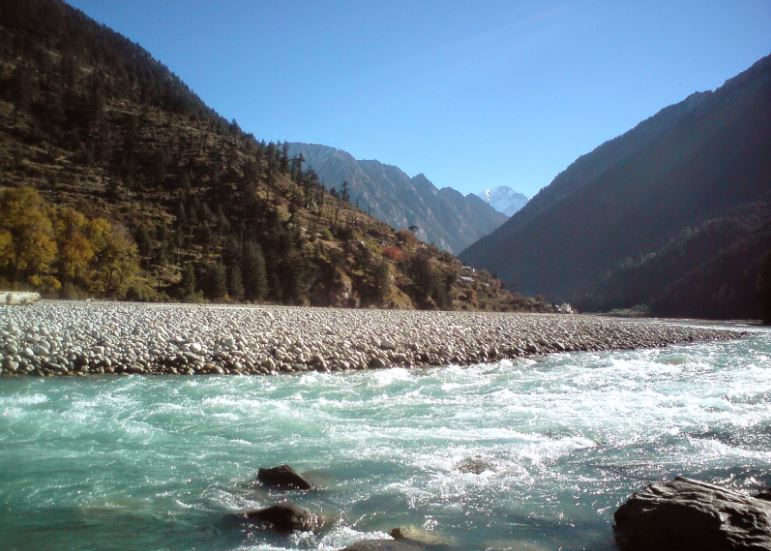The Institute of Medical Sciences of the Banaras Hindu University (IMS-BHU) is now looking forward to conducting human trials of the Gangetic bacteriophages — viruses that infect and kill bacterial cells — to prove their therapeutic utility and treatment of SARS-CoV-2 infection (COVID-19).
The team conducting the research is awaiting the required permission from the ethical committee of the BHU.
The team comprises the head of the department Prof Rameshwar Nath Chaurasia, senior neurologist Prof Vijay Nath Mishra, Kumari Nidhi, Dr Abhishek Pathak, Dr Varun Kumar Singh and Dr Anand Kumar.
Besides, Rajnish Chaturvedi of the System Toxicology and Health Research Group, CSIR-Indian Institute of Toxicology Research, Lucknow and Arun Kumar Gupta, amicus curiae, Allahabad High Court, are also associated with the group that is exploring the varied applications of bacteriophages and their revival in the frozen Himalayan permafrost.
Several studies have confirmed that in addition to their anti-bacterial abilities, bacteriophages also show anti-viral and anti-fungal properties.
Their review article — ‘Bacteriophages: Possible roles in treatment for SARS-Cov-2 infection’ — has been accepted by the ‘International Journal of Microbiology’ for publication.
Prof Vijay Nath Mishra said, “This review explores the impact of bacteriophages on SARS-CoV-2, especially concerning phage therapy (PT). It has also been shown that PT is effective for building immunity against viral pathogens and, additionally, phages produce the anti-viral protein phagicin.”
Mishra said that the “Water from the Ganga has traditionally been considered a therapeutic agent for several diseases. We hypothesise that the Ganga river may play a therapeutic role in the treatment of COVID-19.”
The phagicin is a protein that interferes with the replication of viral DNA, but it does not cause any harm to the host DNA.
Phages in the body compete with the other highly infective eukaryotic viruses for cellular receptors and thereby restrict their harmful actions on the host cell. Bacteriophages consist of a nucleic acid molecule surrounded by a specific protein coat (capsid).
In Ganga, the proportion of bacteriophages is three times higher than that of bacteria.
It has been reported by the National Environmental Engineering Research Institute that the Ganga contains approximately 1,100 types of bacteriophages. This is significantly higher than that in the Yamuna and Narmada, which contain fewer than 200 species of bacteriophages.
The Ganga water also exhibits high alkalinity and some of its self-purificatory properties contribute to the growth of bacteriophages.
Prof Chaurasia said that the phages mediate immunoregulatory and immunotherapeutic activities that are relevant in balancing the immunological homeostasis of the human subjects.
He said that the findings on phages and their possible anti-viral properties are preliminary and need to be validated by meticulous in-vitro and in-vivo studies. If lab studies show some promising results, then it could be possible to have clinical studies and randomised phase 1-3 human trials to prove their therapeutic utility.
“The human trials will be started immediately after the permission of the ethical committee of the BHU,” he said, adding that all arrangements have been made for this purpose.
IANS

